News & Articles
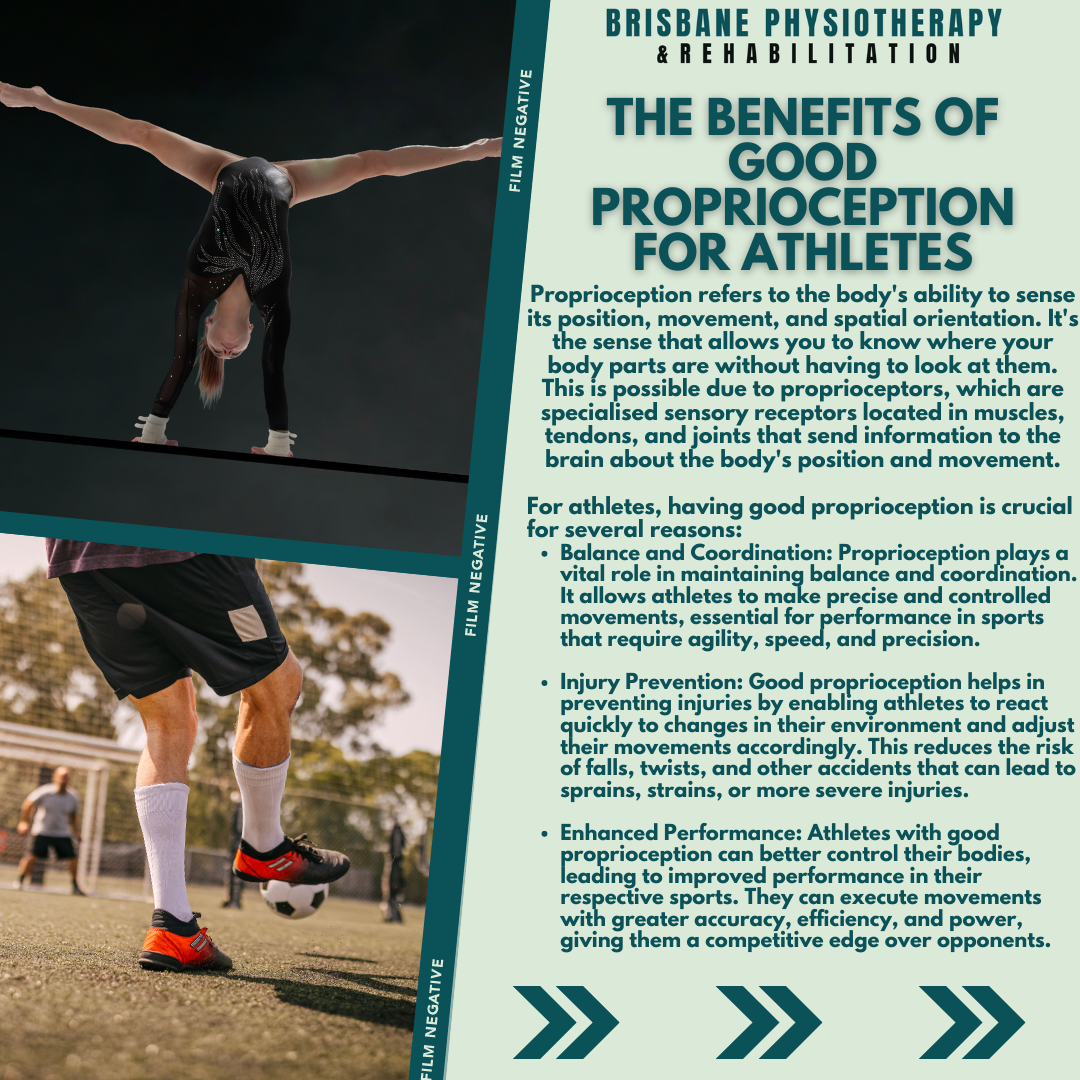
The Benefits of Having Good Proprioception as an Athlete
Proprioception refers to the body's ability to sense its position, movement, and spatial orientation. It's the sense that allows you to know where your body parts are without having to look at them. This is possible due to proprioceptors, which are specialised sensory receptors located in muscles, tendons, and joints that send information to the brain about the body's position and movement.

How Does Good Balance Reduce Our Risk of Falls?
Good balance is a fundamental component of mobility and overall health. By enhancing stability, coordination, muscle strength, proprioception, and confidence, it significantly reduces the risk of falls, particularly in older adults. Regular exercise, including balance-specific activities like yoga or tai chi, can help maintain and improve balance throughout life.

What Is a Syndesmosis Injury?
A syndesmosis injury refers to damage to the syndesmotic ligaments that connect the two bones of the lower leg, the tibia, and fibula. This type of injury often occurs as a result of excessive external rotation or dorsiflexion of the ankle, commonly seen in sports like football, basketball, or skiing. Syndesmosis injuries are also known as high ankle sprains.

Ligamentum Teres Tears
The ligamentum teres also known as the ligamentum of head of femur, is an important structure within the hip joint that provides stability and support. While relatively small in size, the ligamentum teres plays a significant role in hip function and movement. Ligamentum teres tears, although less common than other hip injuries, can cause significant pain and dysfunction.

Podiatry and Fall Prevention: How Foot Health Plays a Vital Role
Falls are a leading cause of injury, disability, and even death, especially among older adults. While falls can result from various factors, foot-related issues often play a significant role in increasing the risk of falls. Podiatry, which focuses on diagnosis and treatment of foot and ankle disorders, plays a crucial role in fall prevention by addressing common foot problems and improving overall foot health.

Dark Spots on Nails – What Is Melanonychia
Melanonychia is a condition characterized by dark pigmentation or discoloration of the nails, typically affecting one or more nails. While melanonychia is often benign, it can sometimes be a sign of an underlying medical condition or pathology.
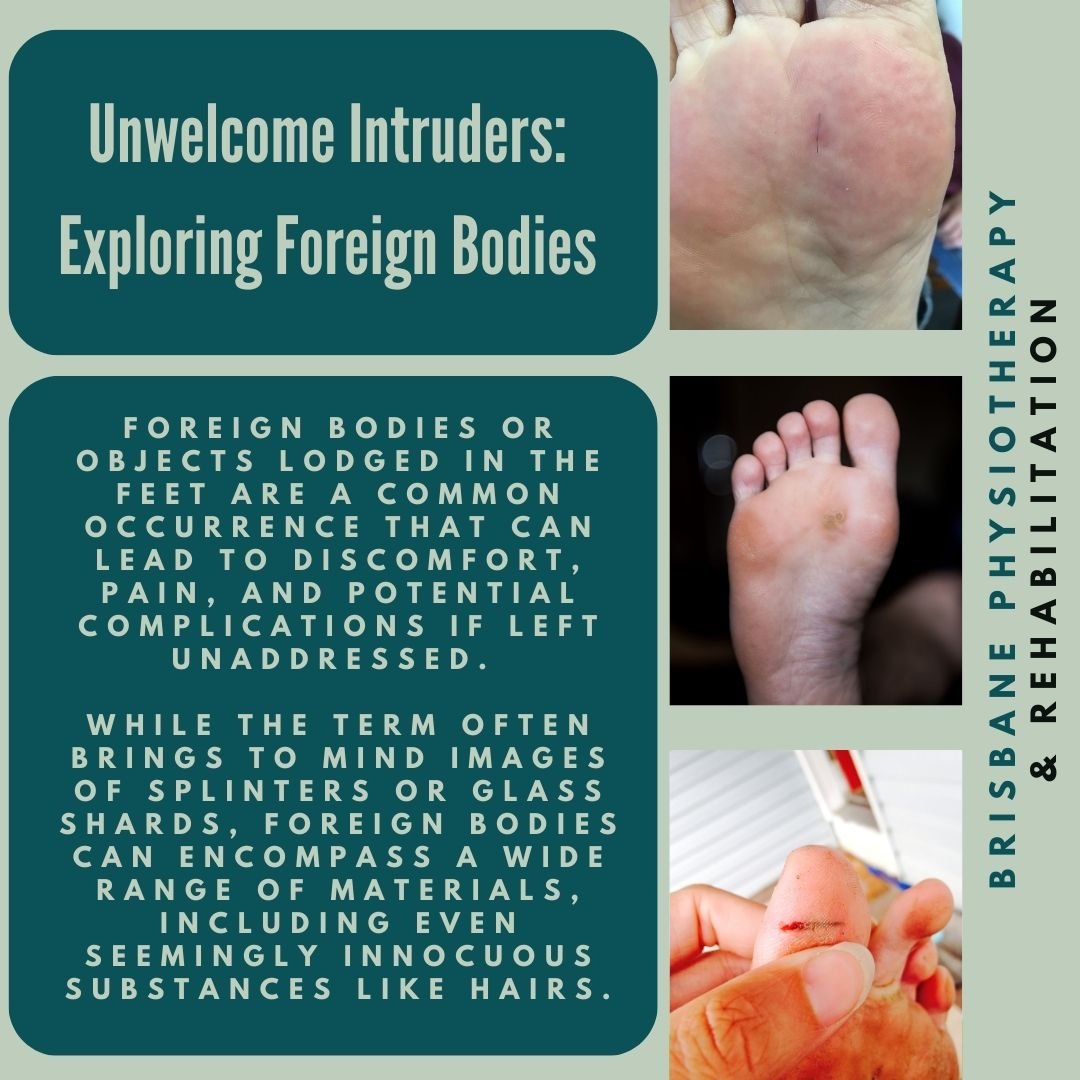
Unwelcome Intruders: Exploring Foreign Bodies in the Feet
Foreign bodies or objects lodged in the feet are a common occurrence that can lead to discomfort, pain, and potential complications if left unaddressed. While the term often brings to mind images of splinters or glass shards, foreign bodies can encompass a wide range of materials, including even seemingly innocuous substances like hairs.
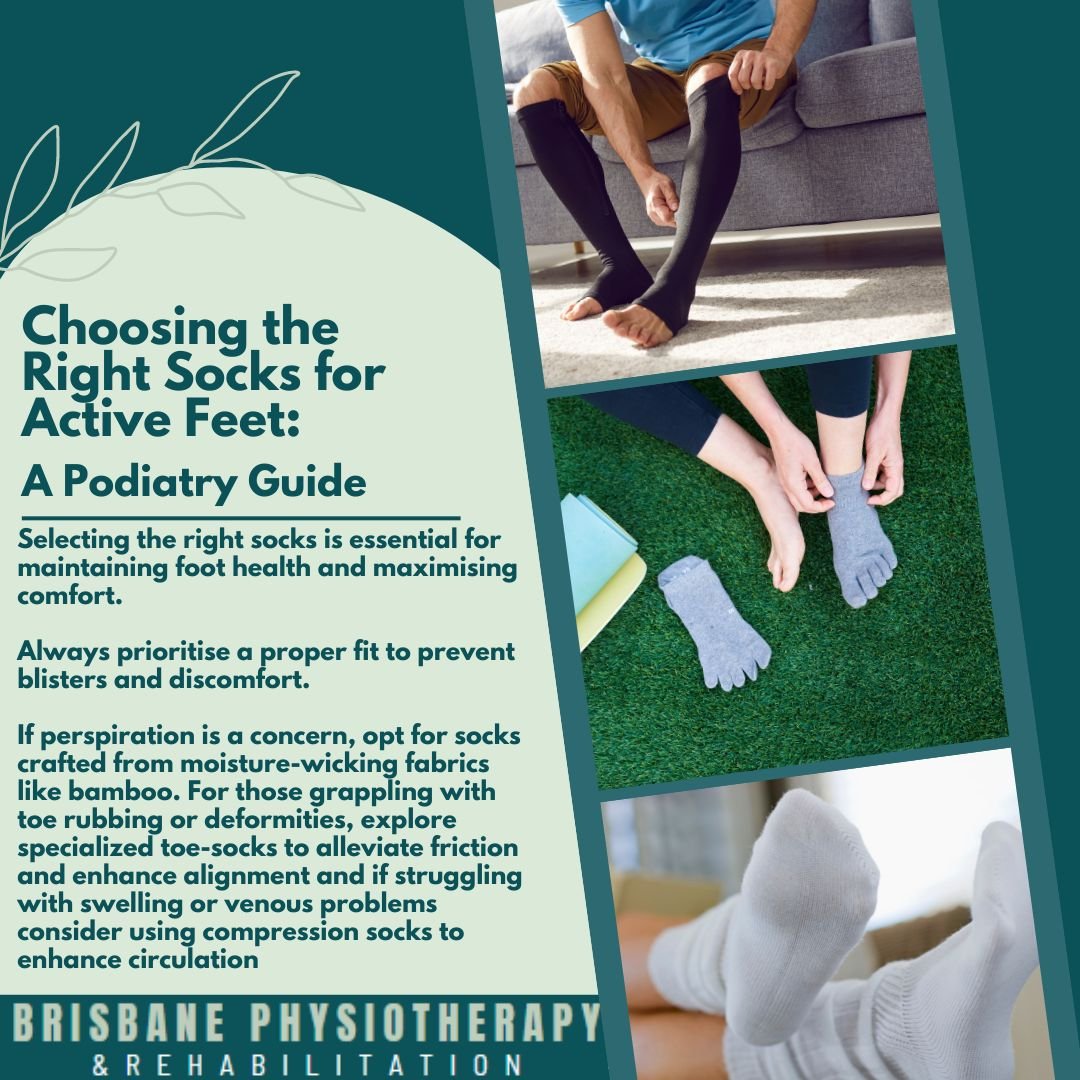
Choosing the Right Socks for Active Feet: A Podiatry Guide
Selecting the right socks is essential for maintaining foot health and maximising comfort during running, walking, and other physical activities. Choose socks made from moisture-wicking materials with adequate cushioning and support to reduce friction, absorb impact, and promote proper foot alignment. Consider specialised options such as compression socks for improved circulation and always prioritise a proper fit to prevent blisters and discomfort. Consult with a podiatrist for personalised recommendations tailored to your specific foot concerns and activity level.
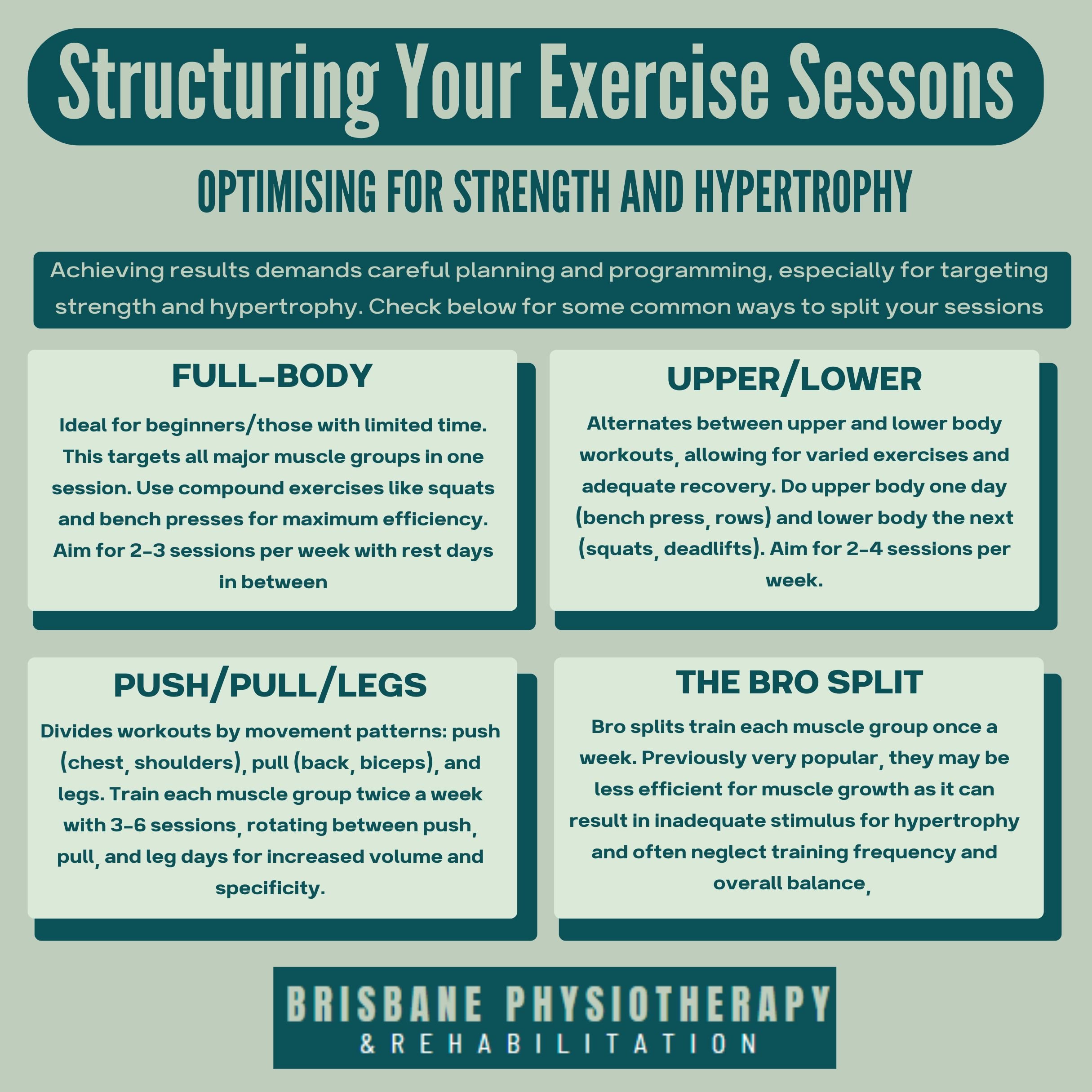
Gym Splits - Structuring Exercise for Strength and Hypertrophy
Structuring your gym sessions for strength and hypertrophy requires careful planning, consistency, and attention to recovery. Choose a training split that aligns with your goals, preferences, and schedule, and prioritise proper nutrition, sleep, and recovery strategies to support muscle growth and adaptation. With a well-designed training program and commitment to consistency, you can maximise your gains and achieve your fitness goals effectively.
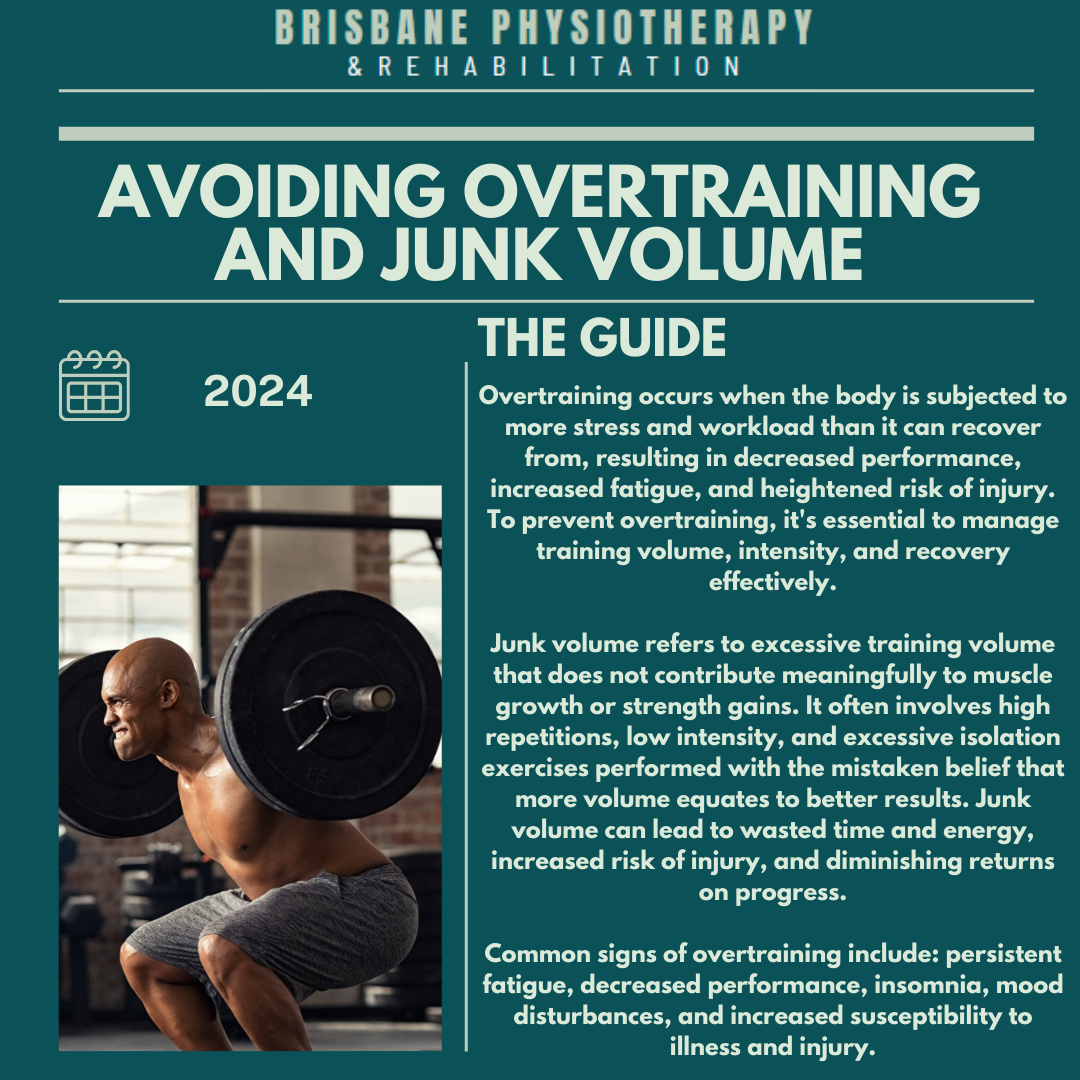
Avoiding Overtraining and Junk Volume
In the quest for muscle growth and rehabilitation, it's crucial to strike the right balance between training intensity and volume. While pushing yourself in the gym is essential for stimulating muscle adaptation, excessive training volume without adequate recovery can lead to overtraining syndrome and hinder progress.
